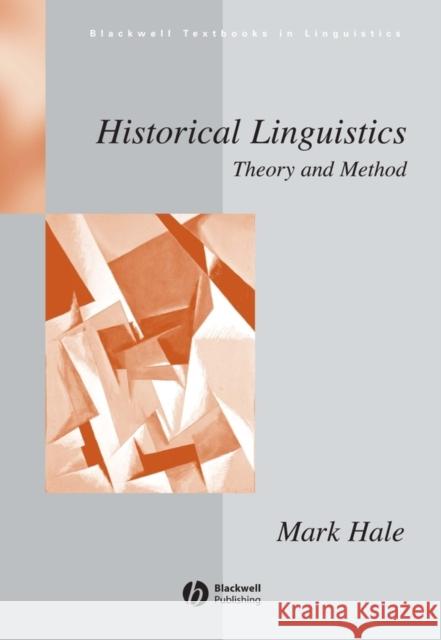Historical Linguistics » książka
topmenu
Historical Linguistics
ISBN-13: 9780631196624 / Angielski / Miękka / 2007 / 288 str.
This book goes beyond the boundaries of a standard text, using controversial and compelling ideas to explore the relationship between fundamental concepts in historical linguistics.
- An original and engaging introduction to the subject of historical linguistics
- Presents controversial but compelling ideas in developing a clear understanding as to why historical linguistics has had significant success in some domains, such as phonological history, and why it is considerably less successful in others
- Explores the relationship between fundamental concepts in historical linguistics, topics such as 'language' and 'change', and corresponding notions in contemporary (synchronic) linguistic theory
- Features extensive discussion of traditional and theoretically-oriented historical work in the domains of phonology and syntax.











